

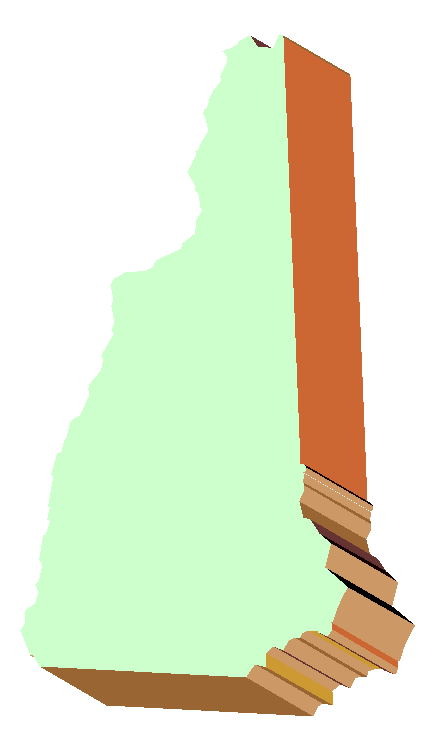 A Little New Hampshire History
A Little New Hampshire History
"The
State That Made Us A Nation" --
Bill Gardner, NH Secretary of State
General John Stark--Hero of the Battle of Bennington -- Dean Dexter
The Treaty of Portsmouth and the Russo-Japanese War -- Dean Dexter
Granite State Annals of Infamy -- Dean Dexter (from the September, 2000 issue of NH Magazine)
NH Primary State -- Dean Dexter (from the archives of
New Hampshire Magazine's Concord Century)
Not the Father's Son -- Sergei Khrushchev Becomes an American -- Dean Dexter
Honoring the Lincoln Brigade is Inappropriate -- Dean Dexter
_________________________________________________
Governor John G. Winant 1889-1947 -- Harvard Magazine, Nov-Dec, 2000 (Also: sample Winant correspondence from the FDR Library.)
N. H. Governor and World War II U. S. Ambassador to Great Britain (Court of St. James's) John Gilbert Winant, state house portrait, second floor hallway, senate side. Dean Dexter photo.
The Winant Boomlet -- Time Magazine, December, 1933
Why Great Men Kill Themselves -- Hal Boyle, December 1947
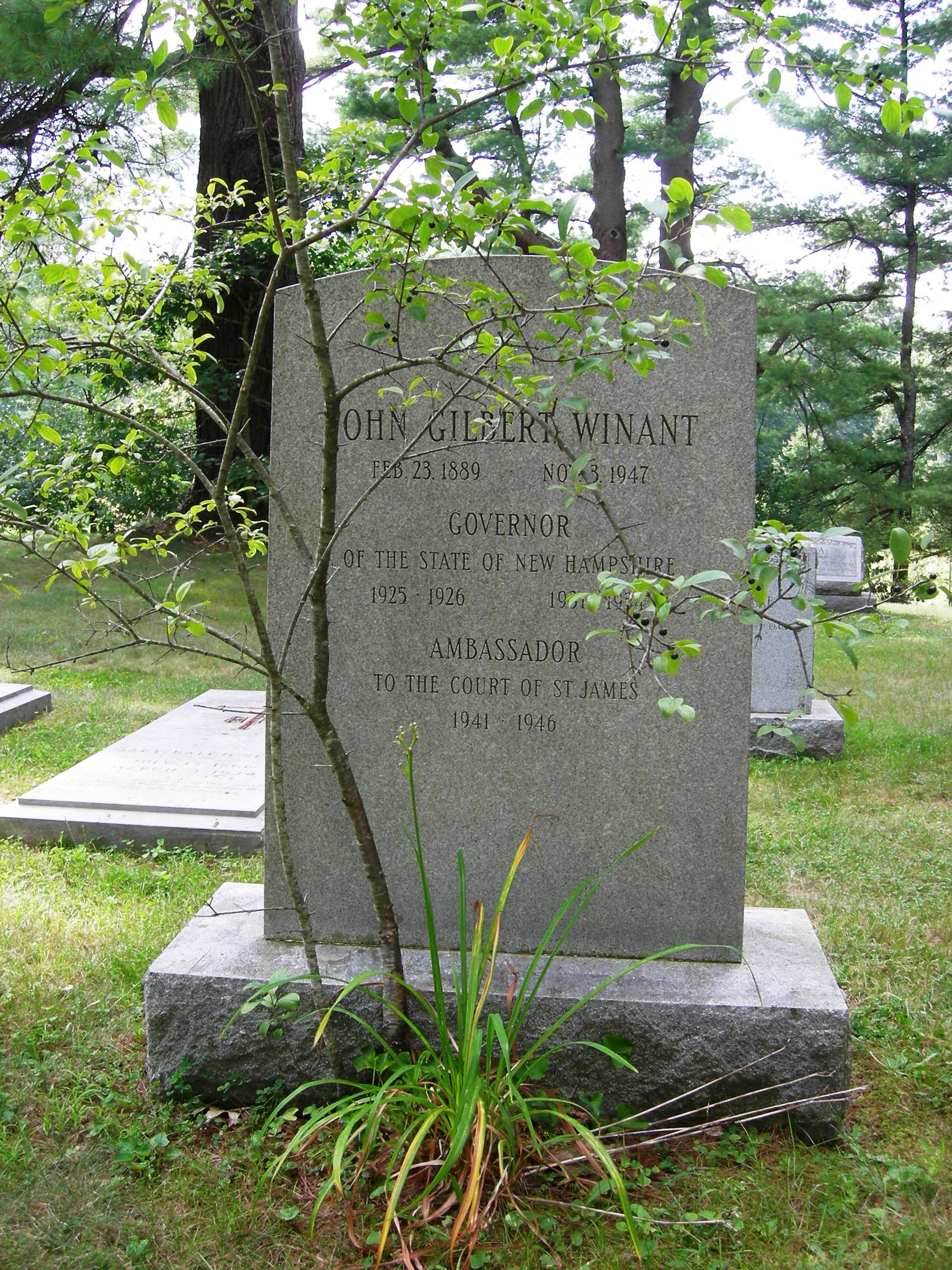
Grave of John Gilbert Winant, St. Paul's School Cemetery, Concord, New Hampshire -- Dean Dexter photos
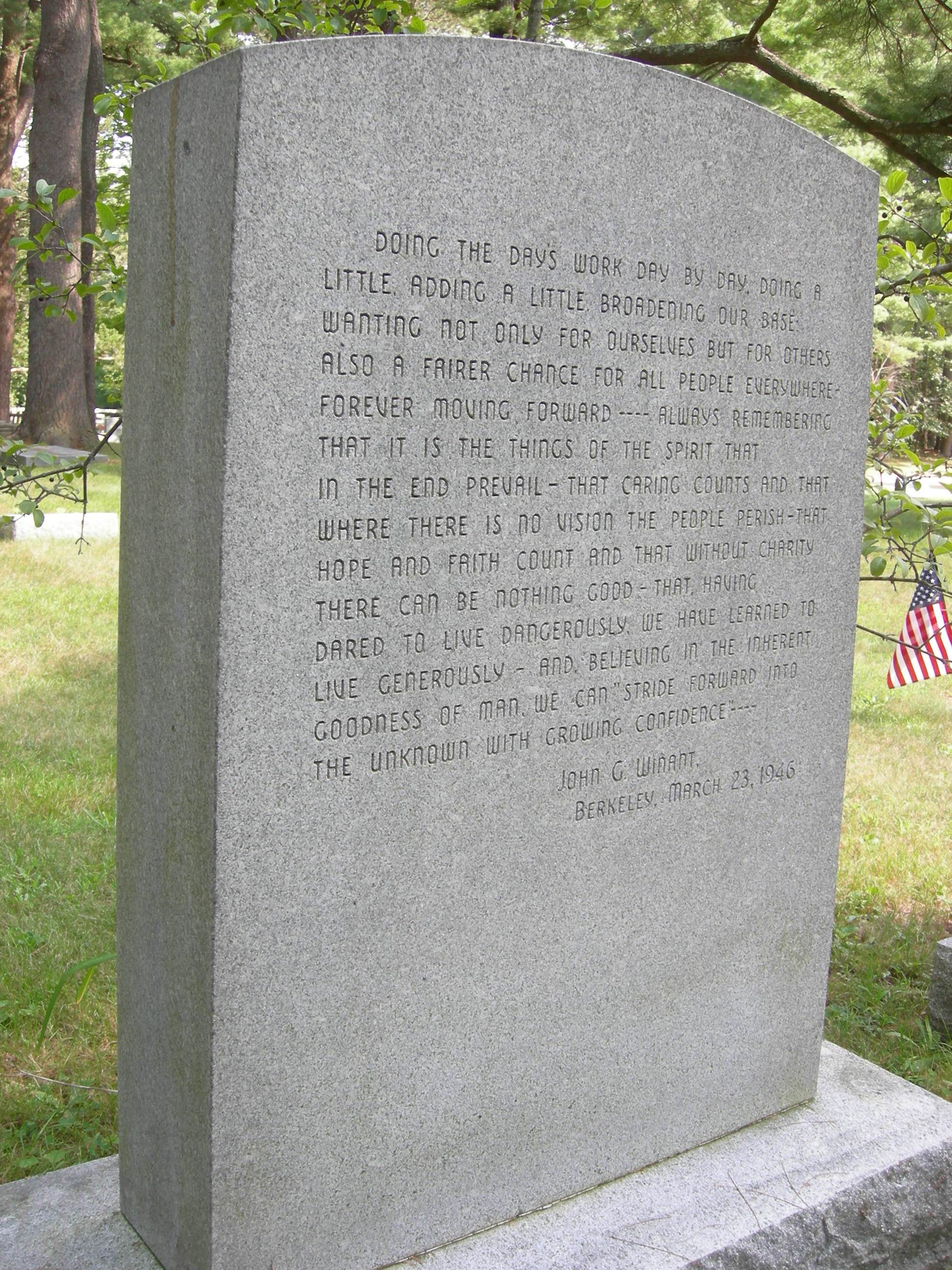
_________________________________________________
For more on John Gilbert Winant, Click
![]() here.
here.
_________________________________________________
Nathan Clifford, associate justice, U. S. Supreme Court, Rumney, N. H. native. -- Wayne D. King
Three Men From New Hampton School Helped Elect Lincoln -- Frederick Smith, headmaster emeritus
![]() A Sunday Visit with J. D. Salinger
-- Edward Jackson Bennett
A Sunday Visit with J. D. Salinger
-- Edward Jackson Bennett
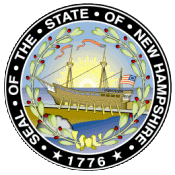
The United States Ship Raleigh
graces the Great Seal of the State of New Hampshire. Depicted on its stocks at
Portsmouth, the U.S.S. Raleigh was one of the first 13 frigates
commissioned by the Continental Congress in 1776 for use in the Revolutionary
War.
![]() Link
Link
SPOTLIGHT New Hampshire...
Pam Smart on Her Life in the Slammer -- from the Portsmouth Herald
Three New Books Give Balanced View of the New Hampshire Primary -- Dean Dexter
Madame Chiang Kai-shek's Ties to Meredith and New Hampshire's Lakes Region -- Dean Dexter
Gov. Hugh Gregg 1917-2003: Tireless Booster of All Things New Hampshire -- Dean Dexter
From the Archives: Killing Babies is a Bad Choice
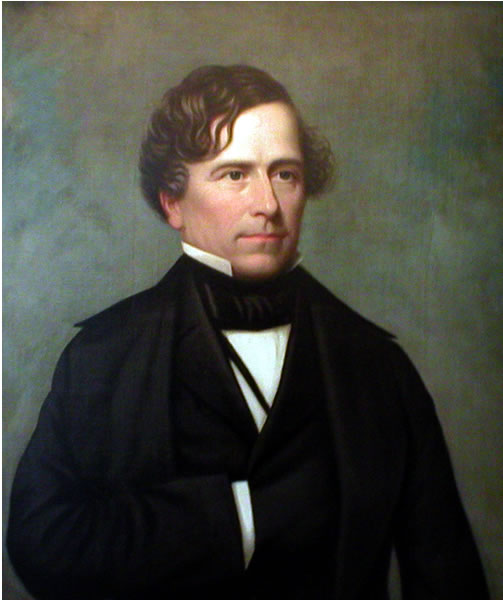
Franklin Pierce, 14th President of the United States, 1853-1857
Born Hillsborough, New Hampshire, November 23, 1804
Died Concord, New Hampshire October, 1869
![]() Click
here for a new biography
Click
here for a new biography
The President Franklin Pierce Bicentennial
__________________________________________
Benevolent Imperialist --
Review by Max Boot
What Leonard Wood can teach today's
America about running an empire.
New Biography of New Hampshire's General
Leonard Wood, born October 9, 1860 Winchester, New Hampshire
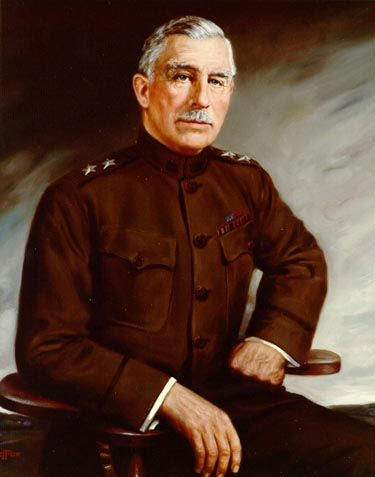
Portrait Courtesy of
the U.S. Army
Center For Military History
New Hampshire and the Observance of Thanksgiving
The first Thanksgiving was celebrated in 1621 when Governor William Bradford proclaimed a three-day feast after a successful harvest, following the devastating winter where over half their members died. But do you know the role New Hampshire has played in this most American of holidays?
As early as 1781, the Continental Congress in Philadelphia proclaimed November 28 “as a day of solemn thanksgiving to God for all his mercies,” and sent copies of the document to each colony (see below). New Hampshire’s first Governor, Meshech Weare (the official title then was “President”), ordered the proclamation “forthwith printed,” and delivered far and wide “to the several worshipping assemblies in this state, to whom it is recommended religiously to observe said day, and to abstain from all servile labor thereon.” So much for the mythology of a “separation of church and state” mindset among the nation’s founders.
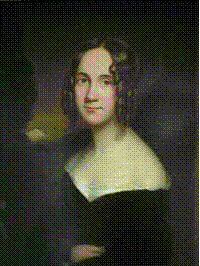
New Hampshire's Sara Josepha Hale
In fact, days of “thanksgiving, fasting, and prayer” were common in the founding era, and a holiday commemorating the Pilgrim’s sacrifices after harvest was popular throughout the 13 colonies, although not observed on a common date. George Washington was the first president to declare a national Thanksgiving Day under the new Constitution in 1789.
Thanksgiving remained popular throughout the country during the 1800s, but it was the 35 year crusade of a New Hampshire woman, Sara Josepha Hale of Newport (above), author of the anti-slavery best-seller, Northwood, and a powerful editor of a national magazine, that persuaded President Abraham Lincoln, who Sara had personally lobbied, to declare the last Thursday in November a national holiday in 1863.
In an effort to extend the Christmas shopping season following the Great Depression, President Franklin Roosevelt, a Mayflower descendant, changed the observance to the third Thursday in November. After much controversy, however, Congress permanently changed the date back to the fourth Thursday in 1941.
— Dean Dexter
From the Fall 2008 Shallop, a publication of the Society of Mayflower Descendants in the State of New Hampshire
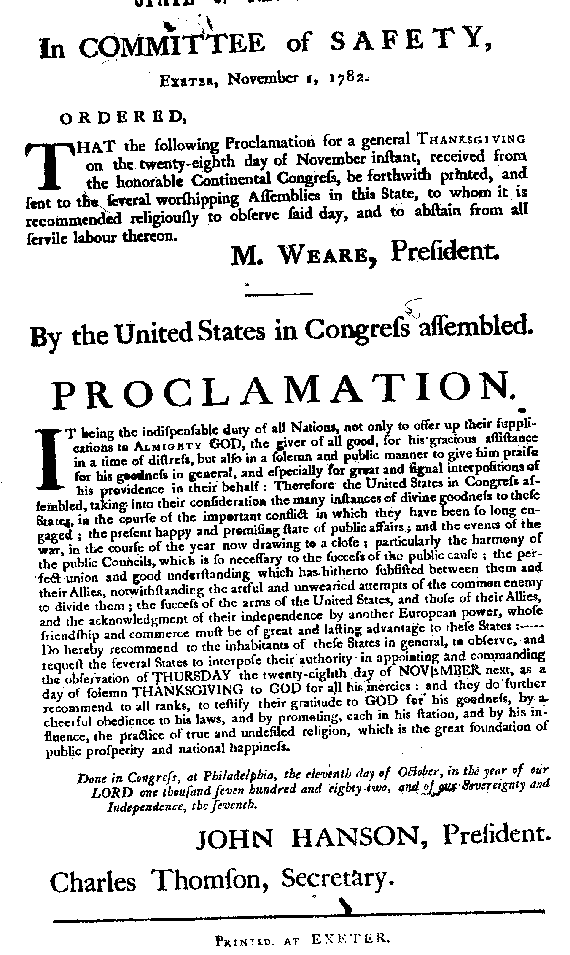
Return to NH Commentary Home Page
© 2003 NH Commentary.Com
P.O. Box 706
Concord, NH 03302